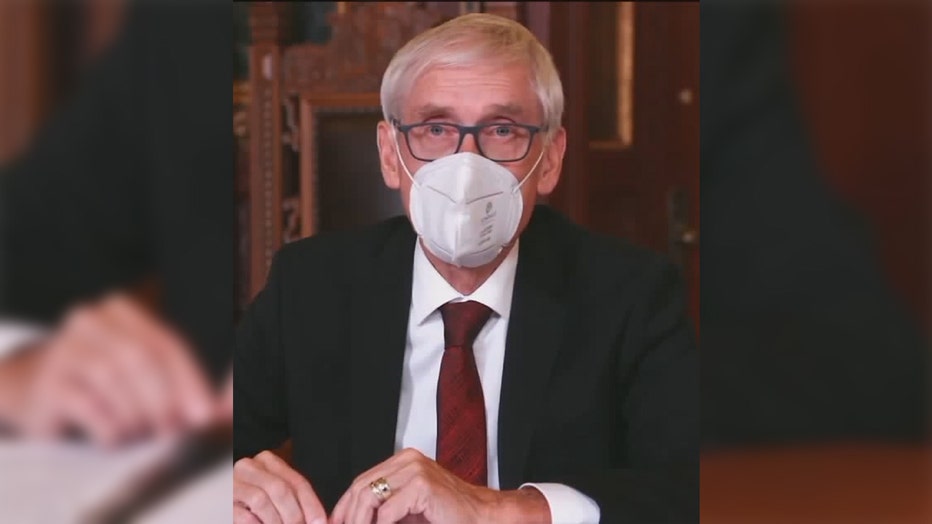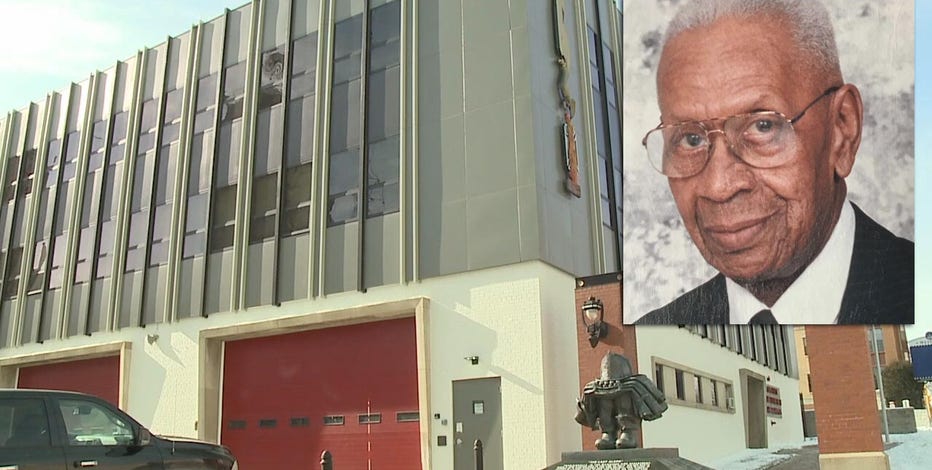New recommendations target Wisconsin retirement 'crisis'

(iStock)
MADISON, Wis. (AP) - A bipartisan task force that examined a looming retirement savings crisis in Wisconsin is recommending a series of steps to improve the outlook, including the creation of first-of-its-kind savings accounts for every child born in the state that could be tapped for major purchases and saved for retirement.
Bills to implement recommendations from the task force created by Democratic Gov. Tony Evers and chaired by state Treasurer Sarah Godlewski could be introduced for the Legislature to consider in the coming months.
"People are hurting now so I hope we take it as soon as possible," said Godlewski, a Democrat who is considering a run for U.S. Senate in 2022.
The task force report cites a University of Wisconsin study that showed more than 400,000 senior citizens in Wisconsin will be living in poverty by 2030, resulting in the state spending an additional $3.5 billion on public assistance programs.

Gov. Tony Evers
Additionally, more than 900,000 adults between the ages of 18 and 64 don't have access to retirement savings plans through their work, according to AARP. Between 2015 and 2030, the number of people over age 65 in Wisconsin will increase by nearly 60%, or 529,400 people.
"We’re about to face a retirement crisis," Godlewski said.
The good news, as Godlewski describes it, is "this could easily be prevented."
The recommendations are largely focused on helping younger people who are working now, and those not even born yet, be able to save enough to avoid having a shortfall by the time they retire decades from now.
FREE DOWNLOAD: Get breaking news alerts in the FOX6 News app for iOS or Android.
Godlewski said she heard from people who said they were worried not only about their own retirement savings but younger people who aren't saving enough now, or don't have access to retirement accounts through work.
Republican state Rep. John Macco, who was a member of the commission, said it was "incredibly important" that people have access to retirement savings options, but work must also be done to make it easier for people to use them. And Democratic Rep. Evan Goyke, who also served on the panel, said the proposals will make Wisconsin an "innovator and a magnet for opportunity, while also directly addressing disparities and immediate economic challenges."
The recommendations are:
- Create investment accounts for every child born in Wisconsin, with some initial deposit from the state, that can then be added to by others to help them begin saving for retirement. How much that initial investment would be, and how it would be paid for, is left up to the Legislature to determine. The money could also be withdrawn to pay for college, job training and first-time home purchases, which would make Wisconsin the first state in the country with such a program, the task force said.
- The money could also be withdrawn to pay for college, job training and first-time home purchases, which would make Wisconsin the first state in the country with such a program, the task force said.
- Provide incentives, including tax breaks, for employers to auto-enroll workers in retirement plans, forcing them to opt out if they don't want to participate.
- Create a state-facilitated, privately managed IRA program called WisconsinSaves that offers a simple benefit plan for employers not currently offering one. Employees would be automatically enrolled but could opt out.
- Develop an emergency savings tool to ensure that employees have a rainy-day fund they can tap in emergencies, rather than their own retirement savings. Those who enroll in the WisconsinSaves IRA program would also have non-retirement money set aside in a separate savings fund that could be tapped for emergencies.
- Create a centralized e-commerce web platform for people to identify retirement saving options.
Godlewski said she was actively working with the governor's office and lawmakers on details about bills to implement the recommendations and when they would be introduced. She said her potential Senate candidacy should not affect the success of any proposals from the group she chaired.
"At the end of the day, whether you're a Republican or Democrat, you care about the financial stability of Wisconsinites," she said.
Featured
Common Council OKs renaming MFD HQ in honor of Alonzo Robinson
The Milwaukee Common Council voted unanimously on Tuesday, Feb. 9 to rename the Milwaukee Fire Department Headquarters at 7th and Wells in honor of Alonzo Robinson, Wisconsin's first African American architect.


